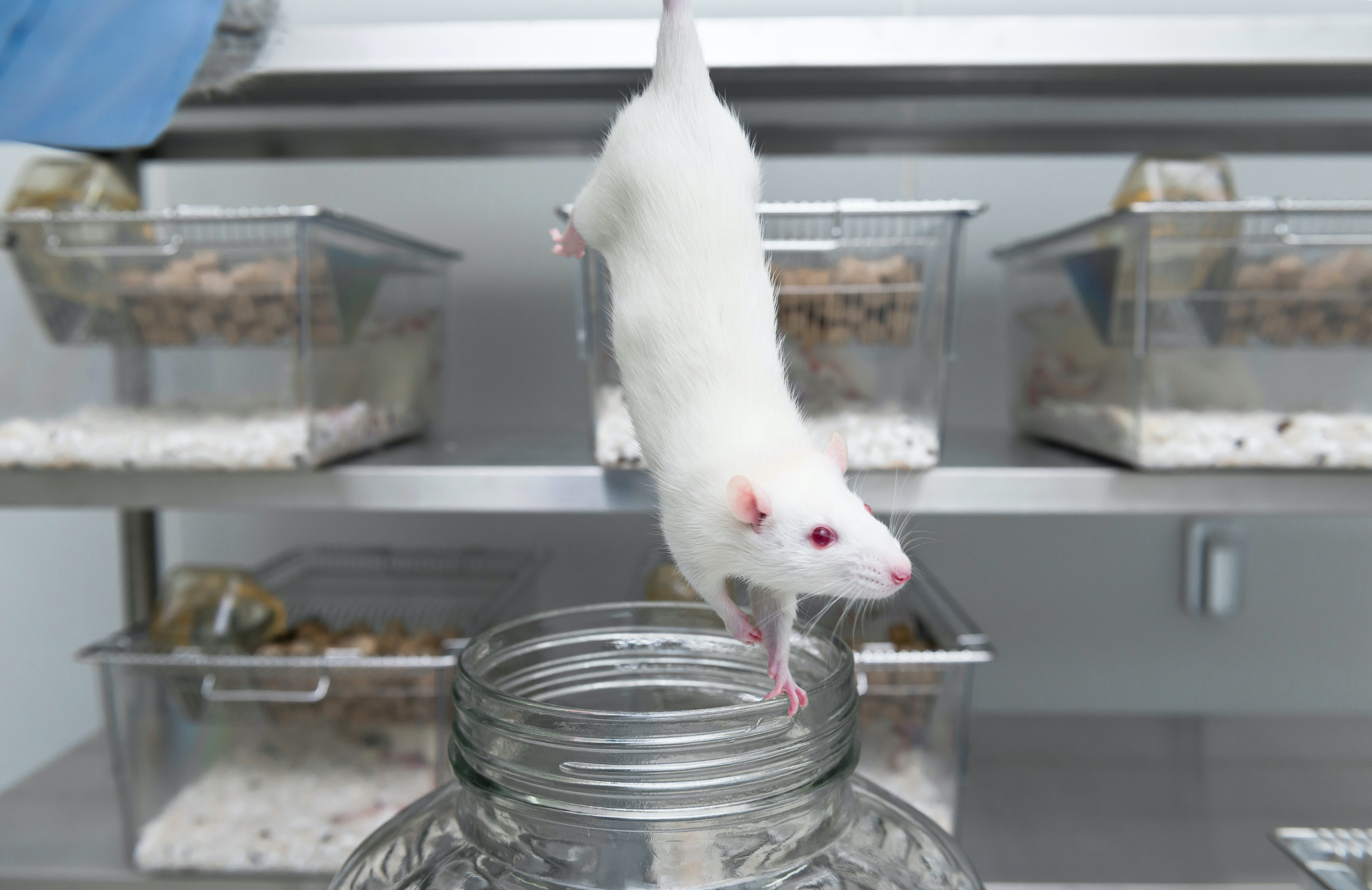Why does ethics matter for health? Let’s begin by thinking about health in a couple of ways. One is that health can be our individual health and our healthcare, and our concern for health and healthcare can also include healthcare research and medical research.
Why does ethics matter when what we really care about is the science, practice and delivery of healthcare? The reason it matters is because the history of ethics and health, as we know it, or biothetics as some people call it, has been focused largely on the ethics of scientific and medical research, as well as the ethics of our doctor-patient or healthcare worker and patient relationship.
Using human beings as objects
Why we think about ethics or the idea of what is the right way to behave in these particular situations is because we have a certain sense that human beings should be treated above a minimum threshold of decency and concern, because there have been a lot of bad experiences.
One way of telling the story is to relate the bad things that have happened that motivate us to think about ethics in health and healthcare. When we think about scientific research and medical research, most of us would argue that we care about humanity; we care about people’s health. That’s why we do different medical research to cure cancer, to find cures for rare diseases, to ensure that our healthcare is delivered better. However, whenever we do research, it also matters how we treat the people that we’re doing research on. What’s happened in lots of places over the last 100 to 200 years is that people have almost used certain human beings as objects while doing their research.
Never again
One of the most notorious examples of this abuse was in World War Two during the Nazi occupation. In the concentration camps, medical researchers conducted experiments on human beings. The people that they were researching on were used, abused, made to suffer enormous amounts of pain and often killed.
This was considered to be an unacceptable means of doing scientific research. And so there was a growing sense after World War Two that we need to ensure that human beings involved in medical research are treated in a particular way.
An example in the United States is the famous Tuskegee Syphilis Study, which aimed to understand the natural progression of syphilis in people. The participants were largely poor African-American men from the South who were identified as having syphilis, and the Study followed them over a period of time.
The scientists were working for a government agency and wanted to understand how syphilis progresses in human beings so that we could find out how to treat or prevent it. But when it was discovered that penicillin could cure syphilis, somebody made the decision that they would not stop the Study and give these individuals penicillin. Rather, it was more important to understand the progression of the disease. So, these men were not allowed to get penicillin or even to find out about penicillin. The Study kept going, which was thought to be ethically grossly inappropriate.
Over the last few decades, historians have found that the same US government researchers were doing this kind of research in Latin America. They were purposefully infecting individuals with syphilis to study aspects of the disease. So, there are different ways in which scientists and researchers who have a great concern for humanity might not be treating human beings in a respectful or ethical way.
The doctor-patient relationship
A separate but related area of ethics is that concerning the doctor-patient relationship or the healthcare worker and patient relationship. This arose in the late 20th century, particularly in the United States, where the progress of medicine was so rapid and so significant that doctors achieved a high social standing. They produced and possessed knowledge of how to prevent death or cure a disease, and were able to perform what seemed like miracles.
It became clear that there was a hugely unequal relationship between the doctor, who seemed to have all this incredible knowledge about a person’s suffering and vulnerability, and the patient, who was potentially very ill and unable to understand what was going on or how to make a decision. This gross inequality of knowledge and the ability to control one’s own choices led to a variety of abuses that people were very concerned about. Some doctors used that power and that inequality in knowledge and abilities to take advantage of patients.
The four principles of bioethics
Because of the different kinds of abuse that were happening, there was a movement, both among philosophers and patient groups, to bring more ethical input into these relationships. The idea of both medical research and the doctor-patient relationship being more ethical came together, and a variety of documents and frameworks were put forward.
The most prominent of these are the bioethics principles, which are memorised by every medical student in the world. The four principles they’re taught are: that the doctor-patient relationship should always respect the autonomy of the patient; that this relationship should always be respectful and conducted in a way that benefits the individual; that you can never do something knowingly that will only harm the individual; and that all individuals should be treated with fairness.
The most important issue that we are recognising and are going to have to address is the understanding that our health is not random. It’s not something that we control from our personal choices but is profoundly determined by our social conditions and institutions and how we relate to one another.
For a long time, we have been told that poor health and diseases are caused by what we eat or drink, or what we smoke and whether we exercise. It could also be down to bad luck – that there’s something in our genes we can’t do anything about. Sometimes it’s about dangerous exposure, from radiation to pollution to toxic waste.
According to this theory, our health and the diseases we experience are caused by proximate factors – infectious agents, harmful particles, what we eat and drink, what we’re born with.
Society and sickness
When we think about why certain people get heart disease or cancer, we tend to focus on what they eat, drink and smoke, whether they exercise and what they have been exposed to. But what you find once you start looking at the population level is that certain groups of people are more likely to get heart disease than others. So, you start to ask why does heart disease seem to be distributed not randomly but in a very recognisable pattern across society?
What we found, and what we keep finding, is that the causes and distribution of disease in society is profoundly determined by the social conditions you are born into – the household and neighbourhood that you live in, your national political and social systems – and also by global trade and international relations. If you don’t just focus on an individual’s proximate factors but start looking at their broader social conditions, you’ll find that the latter have a much stronger impact on the health and disease of the individual than the former.


